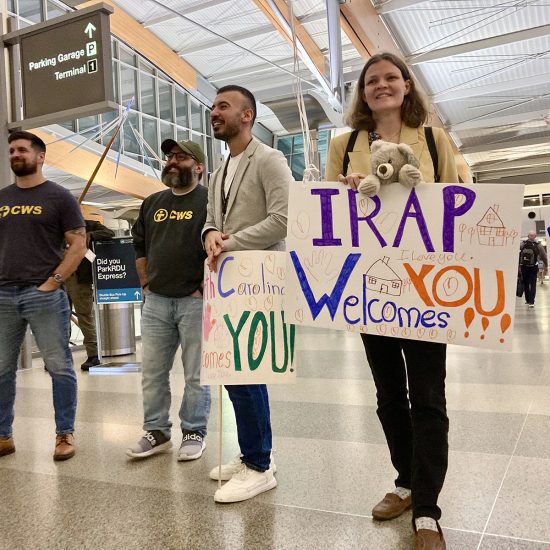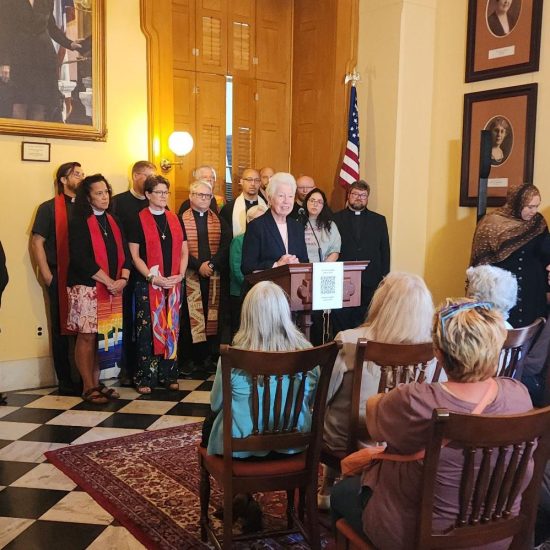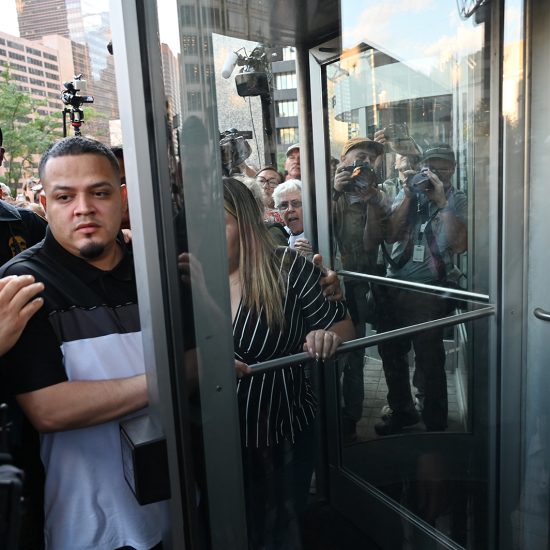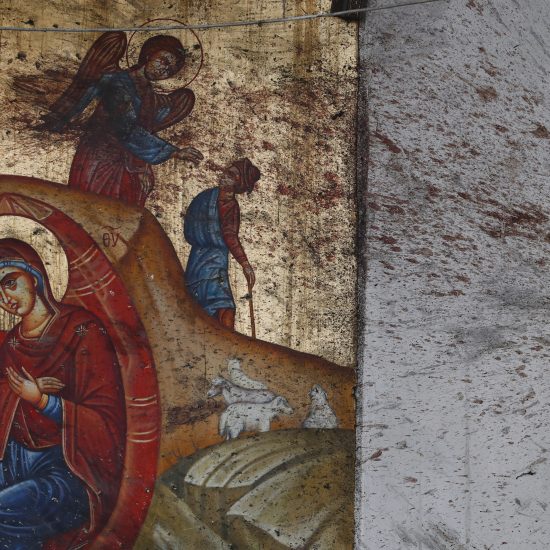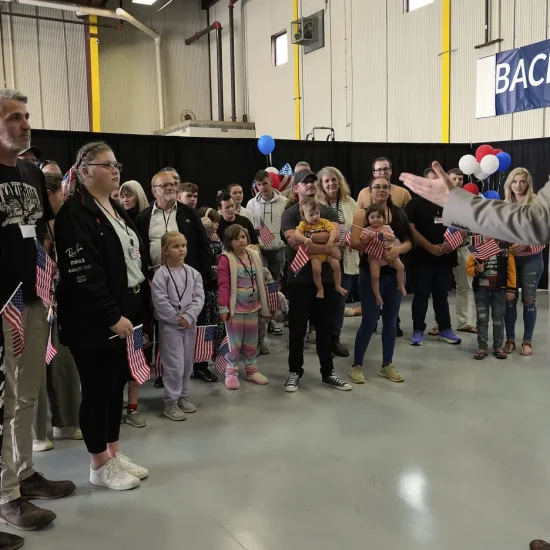Every time I boot up my laptop computer, the face of a young Syrian refugee stares back at me.
The photograph was taken just two years ago when I met the youngster, whom I judged to be about 8 years old at the time. I could not tell you his name; neither he nor his family shared it.
 Bill WebbIn a time when nations do not know which refugees they can trust — if any, to hear some leaders talk — refugees know better than most the risk of disclosing too much about themselves. The nations from which they have fled have long arms, so to speak.
Bill WebbIn a time when nations do not know which refugees they can trust — if any, to hear some leaders talk — refugees know better than most the risk of disclosing too much about themselves. The nations from which they have fled have long arms, so to speak.
Earlier that day back in 2013, a Christian worker reaching out to displaced Syrian refugees took my friend and fellow Baptist editor Jim White and me to the apartment where the boy’s family and others lived in the most ancient part of the capital of Amman.
Jim and I had jumped at the chance to participate in a short Jordan tourism visit with the hope that we might visit a sprawling refugee camp in northern Jordan, just south of Syria. We had hoped to stories stories of people there.
We could not secure approval to visit the camp, but the worker who had been ministering to these refugees and others who had found refuge in the old Amman neighborhood had agreed in advance to introduce us and let us talk with them. The Syrians had agreed.
Our host drove us to a neighborhood in the old part of town, parked and led us between buildings on foot until we came to an apartment doorway with a swath of hanging fabric covering it.
Our Syrian hosts cheerfully welcomed us. The walls and floors were clean but starkly bare. Still, the mother, her teenage daughter and her mid-teen son motioned us in and invited us to sit on cushions they placed on the bare concrete floor in typical Arab fashion. After we had visited for awhile, they served hot tea.
As we listened to their story of experiences from Syrian’s civil war, more of their family and Syrian acquaintances slipped into the room and took seats on the cushions. They began to share their own stories of friends and family members who had lost their jobs — and some their lives — in the violence back home.
The host family’s means of support in Syria had been working in an area known for producing vegetables and fruit used to feed the Syrian population in more peaceful times. But they had watched soldiers destroy the crops.
One of the incidents that apparently firmed their resolve to leave Syria was that their two sons were caught in crossfire between government and dissident troops. The boy pictured on my computer suffered a gunshot wound that severed a tendon in one leg. As his teen brother threw himself over his younger sibling to protect him, the older brother’s leg was run over by a vehicle speeding away.
Without the benefit of needed surgery to repair the tendon, the younger boy was left with a limp, even though he walked with the aid of a crude hard plastic brace that cradled his foot and calf.
Reactions to current tragedies
I also am thinking about the commotion in America and around the world in the wake of the horrible Nov. 13 terror attacks claimed by ISIS that left at least 130 people dead in Paris. One reaction has been the belief that American borders should be blocked to Syrian refugees and perhaps to all Muslims because of the potential for a terrorist to slip into our country and perpetrate violence to curry the favor of ISIS.
In fact, as I write, 30 American governors have committed to reject receiving Syrian refugees in their states for the sake of security, even though President Obama has committed the United States to accept 10,000 of them.
At least four GOP candidates for president also have stated their opposition to accepting refugees into the country at all.
On top of that, ISIS has been saber-rattling with threats of murderous attacks on American soil and elsewhere.
Some media and political pundits and the general population seem to have trouble distinguishing ISIS and Al-Qaeda from Muslims who are not at all like them and have increasingly taken pains to distance themselves from jihadists.
President Obama has been brutally criticized for rejecting the idea of a religious test for refugees, claiming, “That’s not who we are.” Some citizens believe that all Muslims should be looked upon with suspicion because of the actions of a relative few of them.
Our President may be wrong in his “That’s not who we are” assertion. Maybe that is who we have become, at least a majority of us. I hope not.
Too many people, many in high places and some aspiring to be elected to high office, believe the U.S. should not even address the refugee issue in the foreseeable future.
People of faith know we must.
The U.S. can and must vet potential refugees with the idea of rescuing the true victims and lending assistance. That must be done even as every effort is made to discover legitimate security threats and deal with them.
At my desk, I am looking again into the eyes of the lame youngster looking back from my computer. As far as I know, he has not received the surgical repair that would help him walk without difficulty and maybe even run. I assume not much has changed for him and his family in two years and that his father still seeks employment daily in order to earn a day’s wage for his family in a foreign land.
As a believer, it is hard for me to believe that Jesus would look into the eyes of my young acquaintance or anyone else like him and say to us, “Don’t waste your sympathy, empathy or time on him; why he’s just a lame little Muslim boy and not worth your concern or mine.”
That’s not who Jesus is!
Bill Webb is editor of Word & Way.

